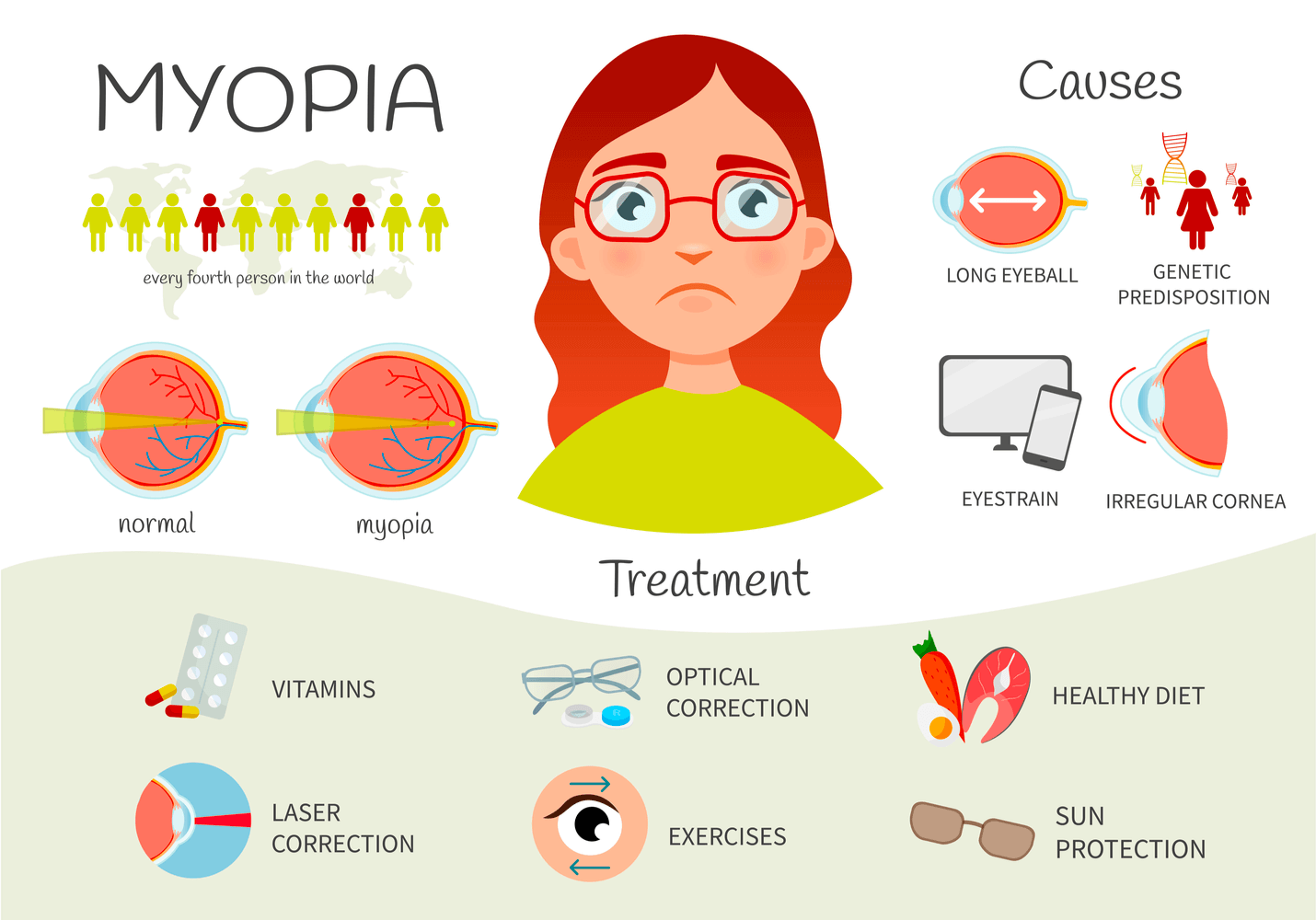
introduce
Like other sensorimotor skills , feeding is a developmental skill that matures in the first two years of life. It is a highly complex sensorimotor process with a developmental stage based on neural maturity and experiential learning. However, unlike other sensorimotor skills, feeding relies heavily on internal incentives or motivation to trigger intake and is essential for the survival of newborns. Therefore, for a mother, the behavior of feeding is emotionally high. Her main responsibility lies in the family, society and culture around her , in order to ensure the early growth and happiness of her child. Therefore, from the beginning, the mother-infant feeding relationship has been affected by multiple levels of physiology and interaction.
Subject
When the feeding skills are intact and the appetite is strong, feeding time and later, meal time is a source of pleasant social interaction, leading to adequate nutrient intake and good growth. Asking for food regularly, sucking, eating and rhythm, trying new food tastes or textures, and expressing satisfaction at the end of feeding are all considered good feeding behaviors in the family and society. These pro-feeding behaviors induce compliments and positive feeding interactions, thereby enhancing young children’s sense of self-control, and promoting continuous food acceptance and independent feeding behaviors.
However, when feeding skills are impaired (for example: poor oral motor skills, taste and texture sensitivity) and loss of appetite (insufficient hunger), they manifest as problematic feeding behaviors, such as no hunger, sucking or eating too slowly, Signs of vomiting. Instead of bringing food to your mouth. In addition, joint regulation of painful gastrointestinal cues is particularly effective in young children, and this regulation often manifests as problematic feeding behavior. Infant’s temperament characteristics and supervision ability may further regulate feeding behavior. Mothers’ attempts to increase the nutritional intake of their infants by feeding more frequently or for longer periods of time often lead to stress-feeding experiences for both. Although these efforts may initially work well to maintain good weight gain, they often become ineffective and dysfunctional meal interactions and behavioral mismanagement prevail. The characteristics of pregnant women and families, as well as the society’s expectations of the size and type of food for children, have further affected the already tense feeding relationship.
problem
Feeding difficulties are one of the most common developmental disorders in healthy infants and young children, often leading to poor growth. Although it is estimated that 25%-50% of children have transient feeding problems at two years of age, most feeding problems at the age of two will disappear by the end of early childhood. However, it is estimated that 3-10% of children have more serious feeding problems, causing children to face the risk of impaired growth, chronic diseases and behavioral development problems. In addition, most children with special needs, children with developmental disabilities and children born prematurely have serious and long-term feeding problems. Families need support to solve feeding problems. At the clinical level, the mother (and her pediatrician) usually does not know the root cause of problematic feeding behavior. Therefore, the mother’s response to poor feeders may be exposed to covert or obvious family criticism, which often leads to internal doubts about her own training ability. At the policy level, professionals and young parents lack the education of feeding as a highly complex developmental skill that is constrained by hunger and parental responses. In addition, professionals have not yet received training and cannot confirm that when feeding skills or motivation or both are impaired, it may lead to problematic feeding behaviors, emphasizing mealtime interactions and family conflicts.
Research Background
Early cross-sectional clinical studies examined the relationship between feeding difficulties and attachment, maternal characteristics, family dynamics, and feeding methods. These studies are carried out prospectively, that is, after the child is diagnosed with poor growth. Some observational studies focus on feeding interactions and problematic feeding behaviors. Many psychologists have studied the development of feeding and the patterns of food acceptance. Recently, few researchers have begun to pay attention to possible pathophysiology (heart rate variability, hormone balance) as well as poor growth and problematic feeding behavior. Other studies focus on behavioral interventions for problematic feeding behaviors in medical and very premature infants.
Main research questions
Extensive research on feeding problems and poor growth can be divided into the following three research questions:
- How do maternal (family) characteristics (cognitive ability, personality disorder, mental state and early attachment history) affect feeding behavior and growth?
- How do infant characteristics (feeding skills, appetite, temperament and other physiological characteristics) affect feeding behavior, mealtime interaction and growth?
- For infants with medical illnesses, are serious problematic feeding behaviors and other forms of intervention effective?
Latest research results
Only questions 2 and 3 are summarized here. Studies focusing on infant characteristics have shown that feeding problems often co-occur with sleep and behavioral disturbances (irritability, poor self-sedation, and changes in intolerance), suggesting that these are symptoms of common underlying constitutional “regulation disorders.” Infants and young children. In a large whole population survey on children’s growth and development, it was found that a considerable proportion (36%) of 47 children who failed to thrive within a year suffered from oral dyskinesia, indicating that these children are biologically more vulnerable Poor eating from birth. Another study showed that young infants with gastroesophageal reflux were significantly more likely to have feeding skills and solid preparation behaviors compared to controls. In a prospective study of a group of healthy full-term infants (n = 330), within one week and two months, infants with low sucking efficiency measured by tracing on a polygraph were significantly more likely to make their mothers Put more effort into feeding. The baby sucks effectively.
Many studies have shown that children aged 3 to 4 eat mainly in response to appetite or hunger, while the diet of older children is affected by various environmental (additional food supplies) and social factors. Similarly, it was observed that children with poor growth refused to provide food more often and fed themselves more frequently than controls. Regarding the third issue, the literature reflects the reality that we are currently better at identifying the factors that cause feeding problems of any severity than dealing with them. Parents can not always treat feeding problems at the primary or secondary level. The treatment of feeding disorders related to serious medical diseases, developmental disorders and tube feeding requires the cooperation of a multidisciplinary team to succeed. Finally, research shows that appetite-stimulating drugs can increase weight, thereby making the intervention more effective.
in conclusion
Understanding feeding behavior requires knowing that feeding as a developmental skill matures over time and relies on hunger (appetite) cues and experiential learning. Although feeding skills have been established at the age of two years, the hunger reminder has only been transferred from the main internal to external (family, school, and social) control for only 4 to 5 years. Therefore, although initially problematic feeding behaviors are often responses to internal cues, these behaviors may become external (coaxing parents) and social cues. Medical diseases, premature birth and developmental disorders further interfere with the development of normal feeding behaviors.
To help determine feeding problems, many feeding scales have been designed, but they are rarely used to assess or treat outcomes. However, early behavioral intervention can play an important role in normalizing the interaction between feeding behaviors and mealtimes, thereby helping to promote children’s independence and other self-help skills. Recently, a simple and easy-to-use screening tool has been developed to detect problematic feeding behaviors in primary care institutions, so that early referrals can be made to appropriate feeding clinics.
Impact on policies and services
The main finding of this updated summary is still that the infant’s physical makeup, medical diseases, developmental disabilities, and parental responses all play an important role in the dynamic relationship of the development of problematic feeding behaviors. This finding has some implications for policies and services related to impaired feeding behavior and poor growth. The impact on policies and services includes:
- At the primary care level, pediatric and other primary care professional associations should promote the use of easy-to-manage feeding scales for early detection to treat feeding problems.
- A multidisciplinary nutrition clinic should be established in a large hospital environment, whose task is to solve the problem of feeding disorders. These feeding plans need easy access for parents, and effective behavioral interventions and prevention strategies can be implemented in the early stages of reported difficult feeding behaviors.
- The training of experts in the field of feeding disorders should be promoted, which should include training on feeding behavior, development and interaction at the university and university level.
- Further research on the treatment outcomes of children with feeding disorders needs to be strongly encouraged.














